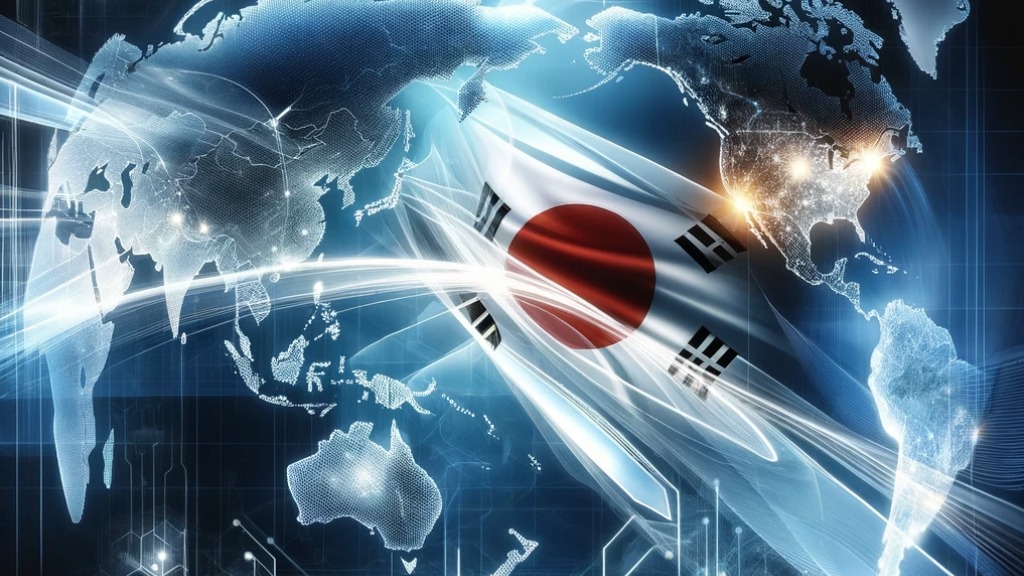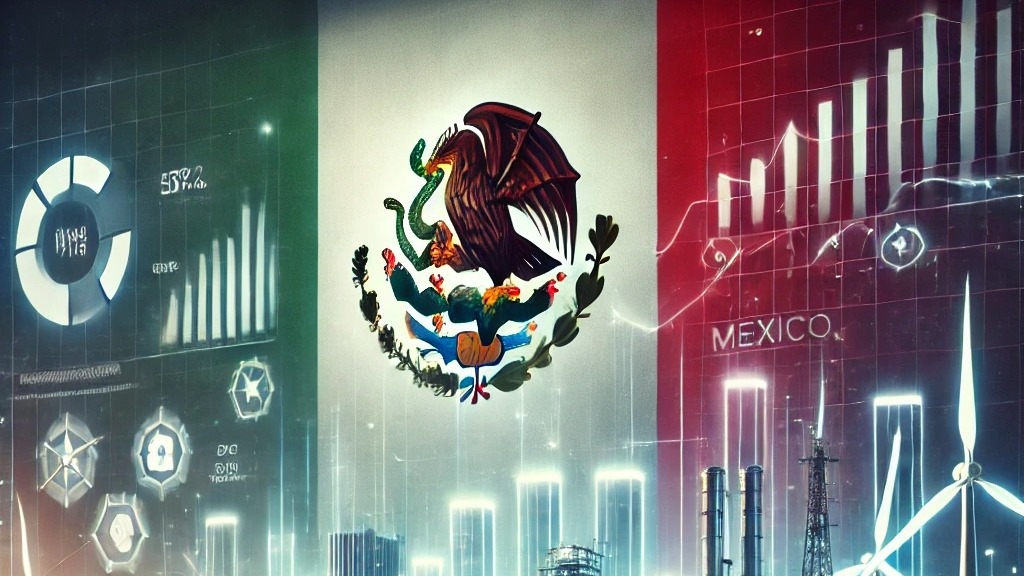Change of power in Japan: how will it affect the business world?

Japanese Prime Minister Fumio Kishida announced Wednesday that he will resign next month, a move that sets off a race among potential successors to replace him as head of the world's fourth-largest economy.
Kishida has been prime minister for nearly three years, a relatively long tenure in modern Japanese politics. However, his administration had become unpopular due to a scandal involving a slush fund and controversy over the ruling party's connection to the former Unification Church.
The economy also affected his popularity. Households were affected as price increases outpaced wage increases.
For months, public support for Kishida and his cabinet languished below 30% in opinion polls, which is typically considered a trigger for new elections or a change in leadership.
Thus, the announcement of the Japanese prime minister's resignation marks a turning point in Japanese politics with important implications for the global economy. Japan, as the world's fourth largest economy, is a key player in international trade, global finance and supply chains. For Mexico, the relationship with Japan and policy decisions in Tokyo are of great relevance, given the growing economic integration between the two countries.
Kishida's resignation is influenced by a complex political and economic environment that has affected both Japan's domestic stability and its international relations. The corruption scandal and underlying economic crisis in Japan present a challenge, but also offer an opportunity for Mexico to strengthen its trade and economic ties with the region.
Mexico and Japan have a strong trade relationship, backed by the Economic Partnership Agreement (EPA) signed in 2004, which has facilitated bilateral trade, benefiting key sectors such as the automotive and electronics industries. Mexico, as a member of the Mexico-United States-Canada Agreement (T-MEC), is in a strategic position to act as a trade bridge between Asia and North America. The political transition in Japan could open up new opportunities to strengthen this role.
With a focus on innovation and advanced manufacturing, Mexico can benefit from Japanese demand for high-quality technology products, positioning itself as a reliable supplier in the global supply chain.
The potential instability in Japan following Kishida's resignation may encourage Japanese companies to diversify their investments and exports. Mexico could position itself as an attractive destination for these investments, offering a stable environment and privileged access to North American markets. In addition, Japan is a leader in technology and innovation, areas where Mexico is looking to grow.
The change in leadership could open doors for new collaborations in sectors such as artificial intelligence, cybersecurity and robotics, leveraging the strengths of both countries. With the possible reorientation of Japanese foreign policy under new leadership, Mexico could seek to expand its trade relationship beyond the EPA, exploring new agreements that favor emerging sectors such as renewable energy and clean technology.
However, Mexico faces challenges in this context. Although it has a robust trade relationship with Japan, much of Mexico's exports are concentrated in traditional sectors such as automotive. The lack of diversification could limit the exploitation of new opportunities in emerging technological areas. In addition, if the new Japanese leadership decides to modify its monetary policy, this could impact the yen-peso exchange rate, affecting the competitiveness of Mexican exports and making Japanese technology imports more expensive.
Although Mexico has made progress in advanced manufacturing, its infrastructure for technological innovation is still limited compared to Japan. This gap could hinder the effective implementation of new technologies from Japan.
The political transition in Japan could also generate uncertainty in economic policies, which could affect Japanese investments in Mexico.
If instability persists, Japanese companies may choose to delay or redirect their investments to other more predictable markets. In addition, other countries in Latin America and Asia could take advantage of the uncertainty in Japan to attract investments that could have come to Mexico. Brazil, for example, could present itself as a strong competitor in sectors such as agriculture and technology. Any drastic change in Japan's trade policy could affect the global supply chains in which Mexico participates, especially in key sectors such as automotive and electronics, where dependence on Japanese components is high.
In this context of political transition in Japan, Mexico should focus on strengthening its bilateral economic relations, diversifying its export offer and attracting technological investments that complement its industrial capabilities.
Moreover, it is crucial that Mexico continues to develop its innovation infrastructure to not only remain competitive, but also to become an even more relevant strategic partner for Japan. The key will be Mexico's ability to anticipate changes in Japan and adapt its economic strategies to maximize strengths and opportunities while mitigating weaknesses and threats in this dynamic global scenario.
Collaboration: Editorial Auge.





